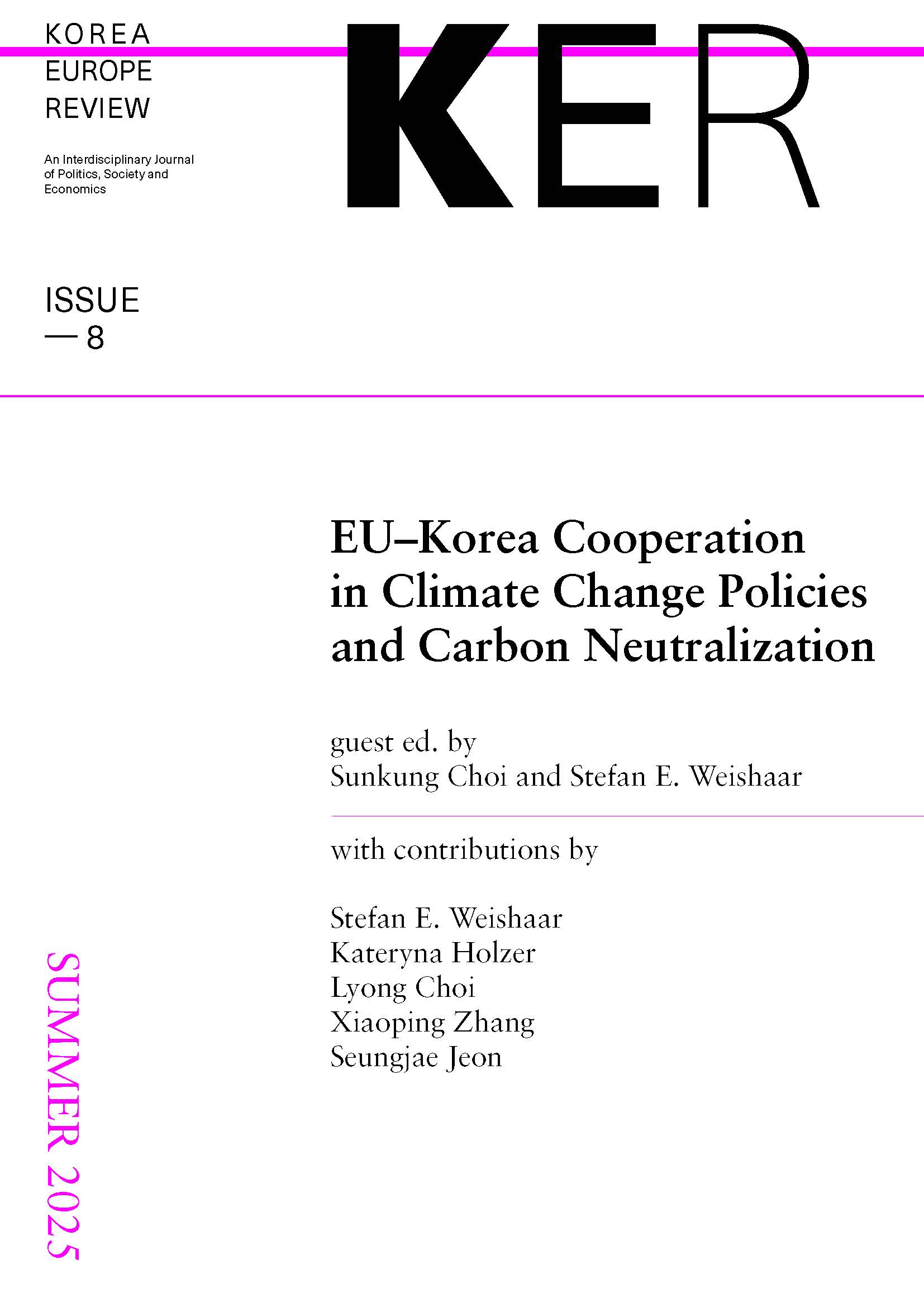Case Study: Wrongly Allocated Emission Permits in Korea
DOI:
https://doi.org/10.48770/ker.2025.no8.63Keywords:
Carbon Neutrality, Green Growth, Climate Change, Emissions Trading System, Sustainable DevelopmentAbstract
This paper analyzes an administrative litigation case concerning South Korea’s Greenhouse Gas Emissions Trading System (ETS). The Korean government operates the ETS to achieve its carbon neutrality goals, but legal disputes have arisen over the fairness and accuracy of emissions permit allocation. The case study focuses on the cement industry, where one manufacturer (Company A) intentionally inflated its past greenhouse gas emissions to receive a larger allocation of permits. This prompted the other six cement manufacturers to file a lawsuit, which has proceeded through three rounds of litigation. In the first lawsuit, the court held that Company A’s emissions calculation was unlawful. However, the government’s subsequent retroactive revision of its guidelines led to a second lawsuit, which the government also lost. The ongoing third lawsuit centers on the calculation method for “estimated emissions” when historical data is absent. This case illustrates how technical details in the allocation process can undermine the credibility of the entire system, highlighting that its success or failure ultimately hinges on such details.
References

Downloads
Published
Issue
Section
License
Copyright (c) 2025 Seungjae Jeon

This work is licensed under a Creative Commons Attribution 4.0 International License.


